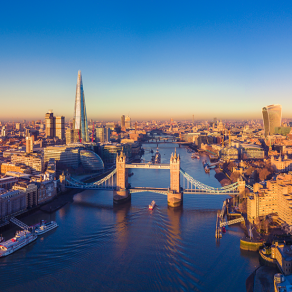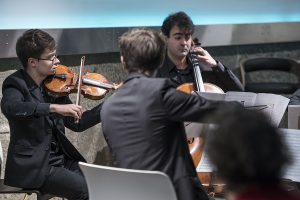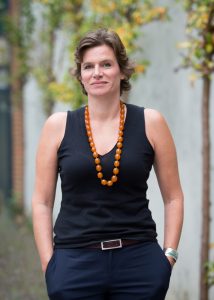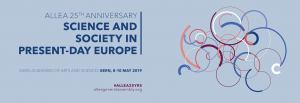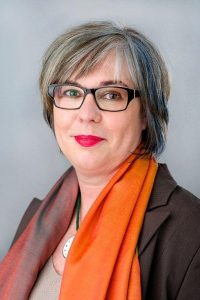The UK member academies of ALLEA will host the next General Assembly in London on 3 and 4 June 2020. Registration to the event is now open.
On the occasion of the ALLEA General Assembly, a scientific symposium on “Research Collaboration in Changing Times” will take place on 4 June. In addition to the symposium, the event will feature the awarding of the 7th All European Academies Madame de Staël Prize for Cultural Values and the annual business meeting of ALLEA’s membership. The ALLEA General Assembly will bring together representatives of academies of sciences and humanities from 40 countries across the Council of Europe region, leading researchers, policy-makers and civil society representatives.
The core deliberations of the scientific symposium will touch on research collaboration in times of major transformations and challenges for Europe. Discussions will be of particular importance to those concerned with ensuring and enabling high quality international research collaboration. Among others, core questions will cover how Europe can strike a balance between excellence in research and the development of underfunded regions, and how research can contribute to solving major societal challenges.
These questions will be explored during the three sessions of the Symposium:
- Protecting Collaborative Research in a Turbulent Europe
- Balancing Excellence and Regional Equality within Europe
- Interdisciplinary Research: The Key to the Future?
Detailed descriptions of the individual sessions and the programme are available on the website.
The scientific symposium is free to all participants.
Confirmed speakers:
- Professor Ash Amin, British Academy, University of Cambridge
- Professor Mauro Ferrari, President, European Research Council
- Professor Ivana Gadjanski, University of Novi Sad
- Professor Anet Rezek Jambrak, Global Young Academy, University of Zagreb
- Professor Joyce Tait, Royal Society of Edinburgh, Centre for Social and Economic Research on Innovation in Genomics, University of Edinburgh
- Professor Ulrike Tillmann, Royal Society, University of Oxford
- Professor Koen Vermeir, Co-Chair, Global Young Academy, French National Centre for Scientific Research


